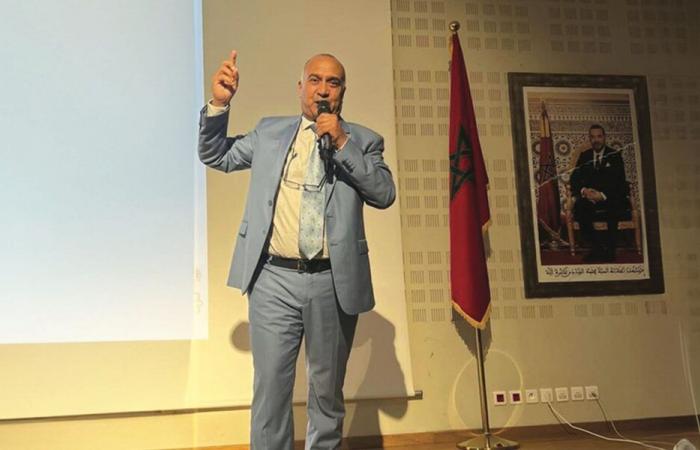The turmoil in medical schools continues, but to varying degrees. In Guelmim, for illustration purposes, and following a dialogue with the students of the 1era year initiated by the dean of the faculty, 36 students out of 97 have normally followed the courses scheduled for 2th semester and take their exams, Aziz Fassouane tells us. Likewise, adds the dean of the Faculty, they benefited from an exceptional session to take the exams of 1is semester and practically all of these students were admitted in 2th year, whose classes were to begin this Monday, October 14. On the other hand, all new students have normally been following their courses since September 23, our source informs us.
Professor Fassouane recalls, by way of summary, that Morocco has taken it upon itself to reform medical studies to respond to several challenges linked, in particular, to public health, the training of health professionals and the quality of care. A reform, believes our interlocutor, which aims at harmonization with international standards with a view to ensuring quality training with better recognition of diplomas. This is because, Professor Fassouane tells us, it is “a response to national public health issues, while seeking to make medical training more adapted to the realities of the country and the moderate requirements of the profession. “.
Regarding the duration of studies, reduced from 7 to 6 years, an issue which has “raised unfounded and unjustified concerns on the part of students regarding the quality of training”, the dean explains that it is “ in line with European standards, which, moreover, allows for better international recognition of diplomas and, therefore, facilitates academic exchanges.”
Beyond the duration of studies, the recommended reform tends above all to improve the quality of training, by reorganizing the program with a focus on practical and clinical skills, the use of new technologies, medical simulation and the strengthening of soft-skills, supports the dean. Moreover, he recalls, communication meetings were organized with students to explain the ins and outs of said reform, but also on ways to improve training, notwithstanding the reduction in training duration. . However, their reaction was to launch a strike which has lasted for more than 10 months, “without worrying about the negative consequences that this will have on their career”.
However, in order to get out of this blockage, solutions have been proposed by the various mediations, in particular parliamentary and that of the Mediator of the Kingdom. Certainly these mediations were not successful, but “the hand always remains outstretched for a serious and responsible dialogue based on trust, and the students must seize the opportunity to soften their position”. Especially since “all the mechanisms for monitoring solutions, the subject of the press release from the supervisory ministry dated September 30, have been guaranteed to ensure that the commitments made are respected”. The objective being, one suspects, to save the academic year. And the students, who continue their protest process, must quickly decide when the new year has started, and “time is not on their side”.






